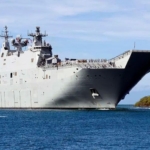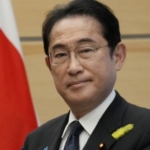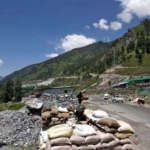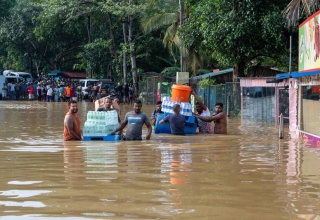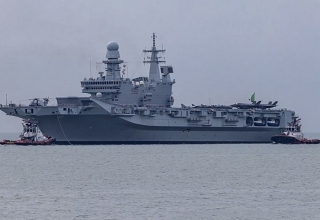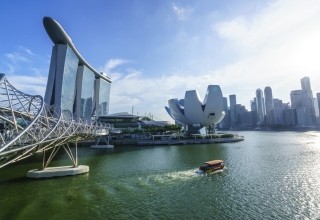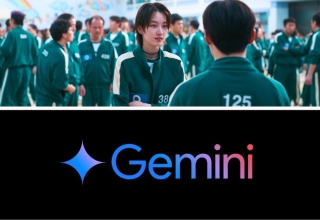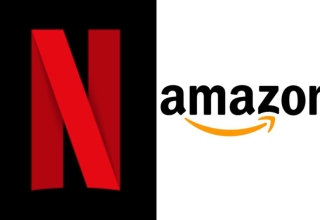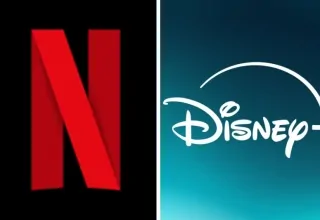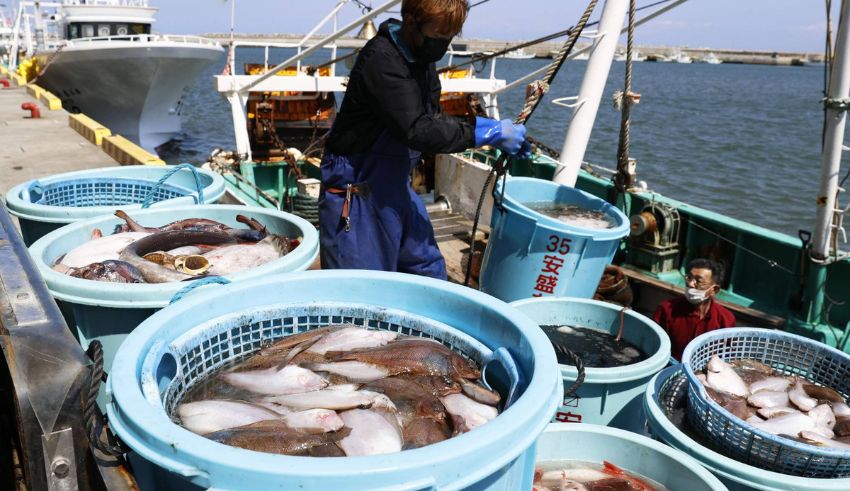
Expressing deepening concerns over the risk of radioactive contamination, Chinese customs authorities announced on Thursday an immediate blanket ban on all aquatic products from Japan as Tokyo starts releasing treated radioactive water from the Fukushima power plant.
The Japanese government signed off on the controversial release plan into the Pacific Ocean two years ago, with the UN nuclear watchdog greenlighting the move last month. The discharge is a major step in decommissioning the facility after it was destroyed in the 2011 tsunami.
Plant operator Tokyo Electric Power (Tepco) said the discharge started at 1:03 pm local time and it had not identified any abnormalities in the process. But China maintains firm opposition to the plan, stressing Japan had not proved the wastewater release would be safe.
Keep Reading
Fukushima Protesters Target Japanese Embassy In Seoul
Tokyo in response has accused Beijing of proliferating “scientifically unfounded claims”. While it remains unclear which items are impacted by the ban, the move is likely to affect Japanese aquatic exports as sales to China and Hong Kong represent a key portion of its revenue.
Meanwhile, South Korean PM Han Duck-soo said import bans on Fukushima food products will stay in place until public concerns are eased. Unhappy with the discharge, at least 16 people entered a building housing the Japanese embassy in Seoul on Thursday, prompting arrests.
The Fukushima Daiichi plant was destroyed in March 2011 when powerful tsunami waves triggered by a massive 9.0 magnitude quake crashed into the facility, causing meltdowns in three reactors. The first release totalling 7,800 cubic metres will take place over about 17 days.
